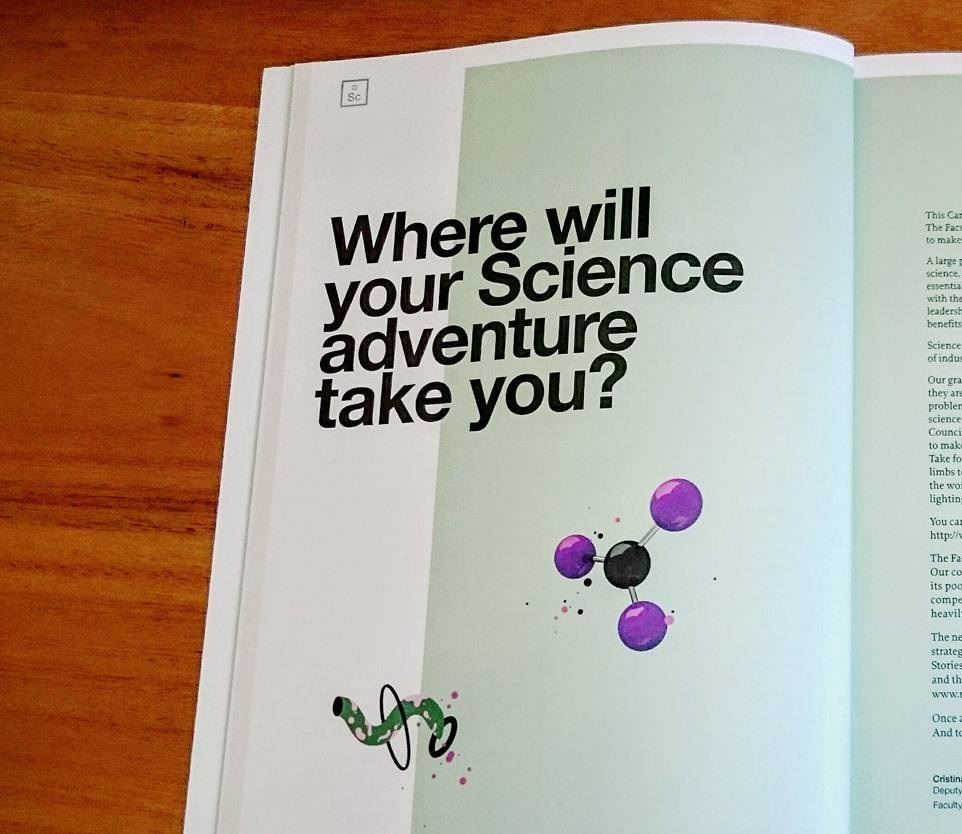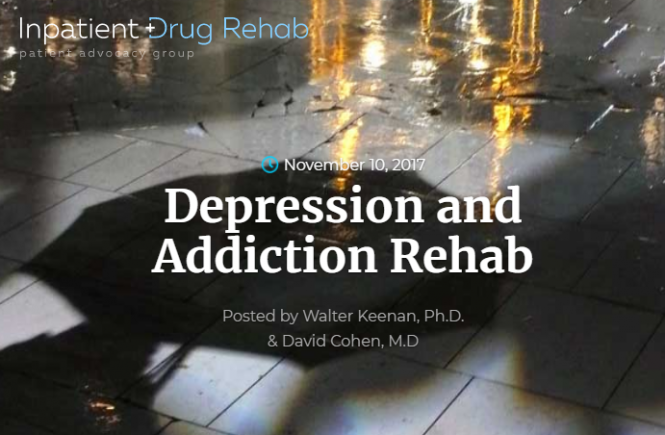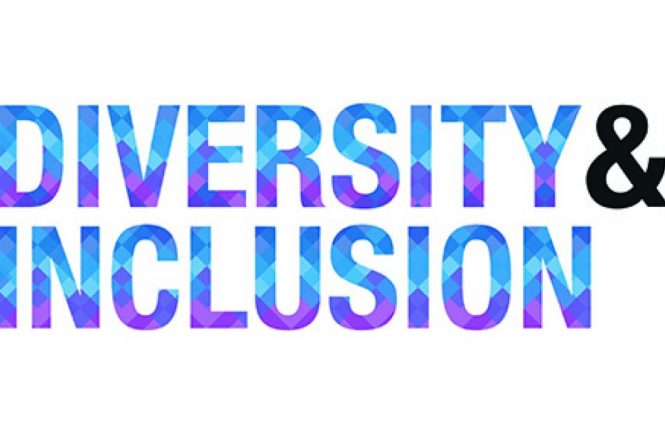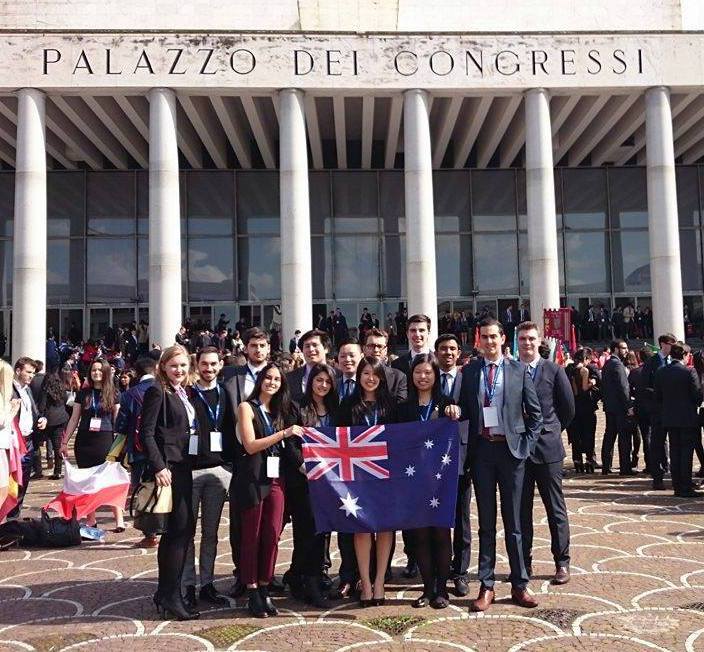By Dr. Mahbub Sarkar, Dr. Chris Thompson & Prof. Tina Overton
The recent Australian Graduate Survey (AGS) reported that 51 per cent of the science graduates found full-time work within four months after completing their course, 17 percentage points below the national average. Based on this single data point, Andrew Norton of the Grattan Institute claimed that enrolling in science degrees is “risky”. He commented,
“If people think doing a Bachelor in Science will give them skills that are highly valued in the labour market then they should probably look at something else.”
We disagree, as does Kelly Matthews in her article in The Conversation where she argues that making such a claim on the basis of short-term employment outcomes, which is referred to as “being job ready”, does not align with the purpose of university science degrees. Science degrees offer flexible programs, which may not always have a set career roadmap. What science degrees do promote is the important skills (e.g., problem solving, critical thinking and analytical skills) that contribute to job prospects in the science-based sector and beyond in the long-term. This notion was reflected in the view of the Chief Scientist, Alan Finkel, who claimed that science degrees enable graduates to be “job capable” in the long-term when attention is paid to developing transferable skills along with the discipline-specific knowledge and technical skills. Dr. Finkel noted,
“For their own sake, and for the country, all graduates need the imagination and the transferable skills to keep inventing new ways to be useful in the age of technological change.”
This is why it is suggested to focus on long-term employment outcomes rather than the short-term statistic – over the longer term science graduates’ job prospects improve significantly. The same Grattan Report in 2011 showed that unemployment for science graduates aged 30 or older was only 3 per cent. Dr. Finkel pointed to the employment statistics for people of all ages which show that the unemployment rate for STEM qualified people is 3.7 per cent compared to 4.1 per cent for non-STEM qualifications, and that 84 per cent of people with a STEM qualification is working full-time compared to 68 per cent with a non-STEM qualification.
Another factor skewing the short-term statistic is that more science students continue onto further full-time study after completing their undergraduate study compared to students in other disciplines. In 2014, about 45 per cent of science graduates were engaged in a full-time study four months after graduation. Further study includes bachelor honours programs, other bachelor degrees, and postgraduate study which were found to significantly improve job prospects.
We acknowledge a statistic indicating half of our science graduates are without full-time employment four months after graduation can be disheartening at first. Monash University’s response to improve this is worth mentioning here. Monash’s initiatives include the Student Industry Placement Program, the SCI3910 Science In Schools unit, an industry placement unit SCI3920 which is being launched in 2017, the Careers service which includes one-on-one consultation with Lisa Happell in our Faculty, the Science Industry Nights, which were just held 15–17 August, the transforming laboratory learning in science project, and the Graduate Employability for Monash Science (GEMS) Workshops. The GEMS project, funded by the Faculty of Science, identified skills gaps from graduate and employer perspectives and developed an intensive workshop for science undergraduate students to bridge the gaps. The workshop was delivered twice in the O-week in Semester 2 and will be delivered again in in November this year and twice next year. It provides students with great opportunities to develop key transferrable skills beyond just knowing lots of science that eventually promotes a sense of what students learn and how it enables them to be “job capable”.
In conclusion, we would like to comment that pursuing a science degree can open up a range of career opportunities for students both in science-based sectors and beyond provided attention is given to develop key transferable skills alongside the discipline-specific knowledge and skills. Students who engage with the rich suite of opportunities listed above should be well set for the next steps in their career beyond Monash.





